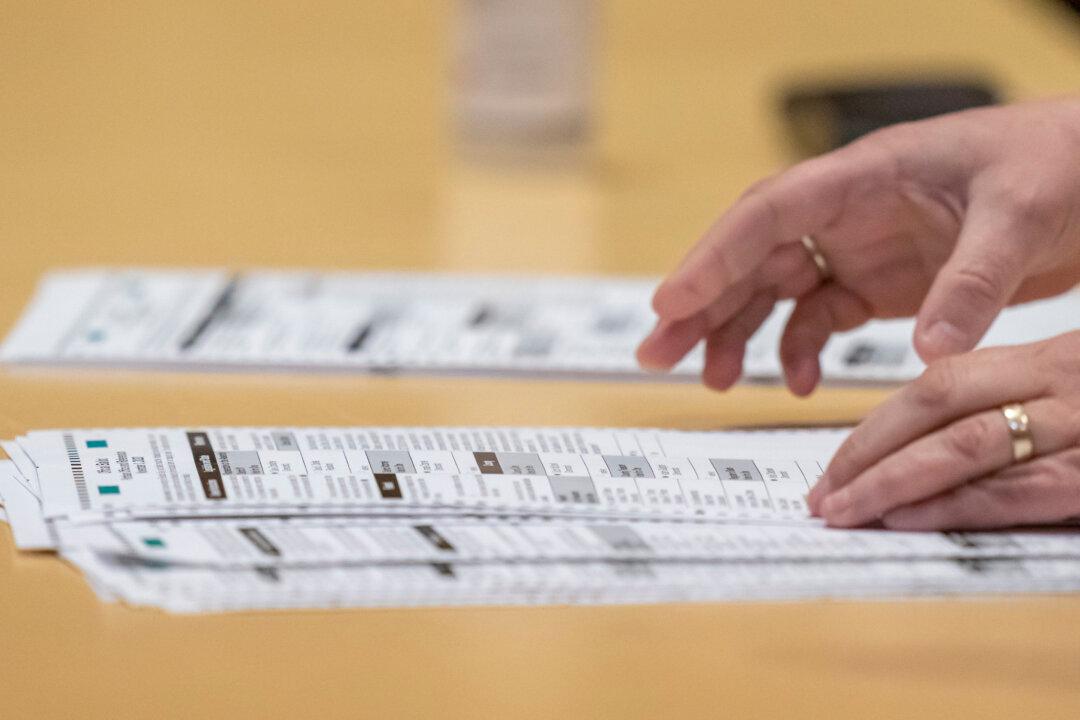A committee in Wisconsin’s Republican-led legislature held an election-related hearing Friday, seeking insights into allegations of irregularities in the Nov. 3 election, including whether there was fraudulent third-party intervention, obstruction to meaningful observation, and if voters listing themselves as “indefinitely confined” amounted to fraud.
Ahead of the hearing, Republican Assemblyman Ron Tusler, chairman of the Assembly Committee on Campaigns and Elections, told The Epoch Times about the intent of the meeting.





